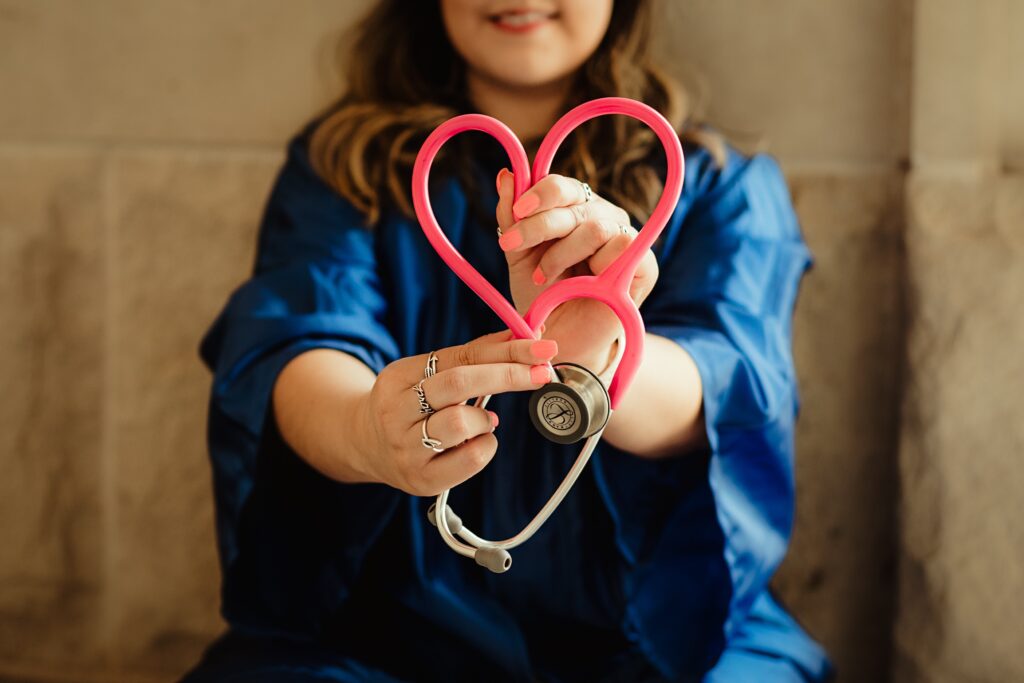Introduction
Understanding the mysteries of our health is an essential journey, especially when it comes to bothersome conditions like food poisoning. Characterized by a range of symptoms from mild discomfort to bouts of debilitating illness, food poisoning is a common health problem that many of us may experience. By exploring what helps with food poisoning, and other related topics, we hope to guide you towards better healthcare practices and swift recovery.
Understanding Food Poisoning
Food poisoning, as the name implies, is an acute illness caused by consuming food or drink contaminated with bacteria, viruses, parasites, or toxins. These pathogens or toxins can contaminate food at any point during its production, processing, or cooking. That delicious meal you just ate could unknowingly be your worst enemy. So understanding Food Poisoning is vital in your health journey.
Duration of Food Poisoning: From Inception to Recovery
How long does food poisoning last? An essential question many ask. Typically, food poisoning symptoms start within a few hours of ingesting contaminated food or water. The usual symptoms include an upset stomach, nausea, vomiting, diarrhea, fever, and abdominal cramps. As to how soon after food poisoning do you vomit, that could occur anywhere from 30 minutes to hours after consumption. The good news – these symptoms rarely last longer than a few days.
It’s not uncommon to ask, ‘How long can food poisoning last?’ In most cases, food poisoning is not severe, and your symptoms should end within several days. However, some forms of food poisoning may last longer and are sometimes severe. If you’re still wondering about the longevity of Food Poisoning, visit our dedicated blog post here.
Food Poisoning: Is It Contagious?
Another common query is, is food poisoning contagious? Despite the misconception, food poisoning itself is typically not contagious. However, certain bacteria or viruses that cause it can be passed to another person. Therefore, it’s always important to follow proper hygiene practices if you or a loved one has food poisoning.
Treatment Options for Food Poisoning
Treatment for food poisoning typically begins at home. It’s essential to rest, stay hydrated, and avoid certain foods that might worsen your symptoms. For severe cases, medical intervention may be necessary. You may be prescribed medication to help ease nausea, vomiting, and diarrhea. In some situations, hospitalization may be required for further treatment. Be sure to consult with your doctor for advice on how to treat food poisoning.
Practical Tips on What Helps With Food Poisoning
There are several measures you can take to help cope with food poisoning. These include:
- Hydration: Ensuring adequate hydration is critical, given the fluid loss you may experience from vomiting and diarrhea.
- Eating Light: Gradually reintroducing bland, easy-to-digest foods to your diet as your symptoms improve can support your recovery.
- Over-the-counter medication: Certain medications can help control symptoms such as nausea and diarrhea.
We discuss these tips in more detail in our follow-up blog post “Practical Tips on What to Do for Food Poisoning”.
The Road to Recovery: Health and Wellness Post-Food Poisoning
Despite the discomfort and inconvenience, the good news is that most people recover from food poisoning within a few days without needing medical treatment. Consistently practicing the right health habits, such as proper hand hygiene and safe food handling practices, can significantly reduce the risk of food poisoning.
Remember, your health comes first. While we have discussed “what helps with food poisoning,” if your symptoms persist or are severe, immediately seek medical help. Always remember to listen to your body; it knows best!
Conclusion
Food poisoning can be a challenging and unpleasant experience, but understanding what helps with food poisoning can go a long way in mitigating its impact on your health. From initial symptoms to your recovery path, we hope this article has provided you with the facts to better navigate your food poisoning journey. Treatments rest largely on self-care practices, but remember that severe or prolonged symptoms should never be ignored. Prioritize your health, and never hesitate to seek professional medical care when necessary. Engagement in health practices, educated decisions, and responsible actions – are the benchmarks for overcoming food poisoning.
Let’s plan your recovery journey. Learn more about health and wellness post-food poisoning here


1 Comment
Pingback: Interesting Insight: Does Masturbation Truly Cause Weight Loss? - Nation Lifestyles